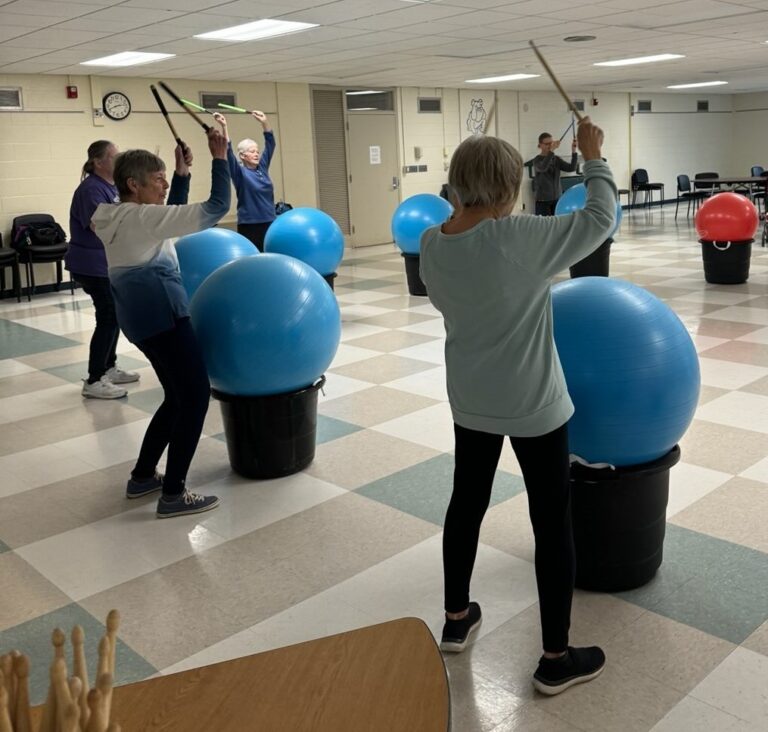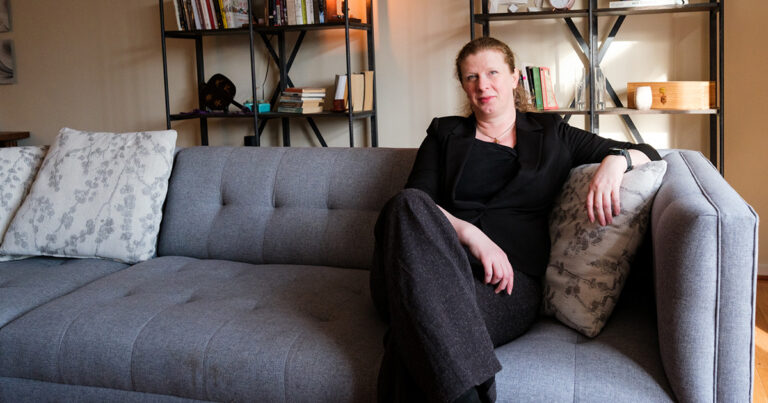
In addition, developments since late November, culminating in the overthrow of the Assad regime, have added new dimensions to the crisis, including population displacement as well as the return of Syrian refugees from neighboring countries.
Since November 2024, more than 882,000 Syrians have been displaced amid escalating violence, increasing pressure on the country’s fragile healthcare system. Attacks on health facilities have also escalated, with 37 incidents reported in the past month. According to to from.
More than half of Syrian hospitals are now out of operation, and 141 health facilities in northern Aleppo and Idlib face imminent closure due to lack of funding.
Healthcare is under unprecedented pressure
“Syria’s health infrastructure is under severe pressure, more than ever before“,” He said Christina Bethke, acting representative of the World Health Organization in the country.
“Our teams are currently providing care through mobile clinics, restoring immunization services, and integrating mental health support into health facilities, especially for those affected by trauma. This appeal is about preserving health and dignity while giving Syrians hope for a safer future“.
The fully funded, six-month WHO strategy aims to further strengthen trauma care, deploy ambulances, restore maternal and child health services, strengthen disease surveillance and enable timely referral of patients.
The agency also aims to strengthen health system coordination through its center in Gaziantep, Turkey, which coordinates assistance for about five million Syrians, including those living in hard-to-reach areas.
UNHCR highlights the challenges faced by refugees
At the same time, the United Nations High Commissioner for Refugees (UNHCR) announcedUNHCR) I mentioned Significant challenges face displaced populations and returning refugees, especially vulnerable groups such as persons with disabilities, women and children.
Returnees from neighboring countries face severe hardship, as their destroyed homes force them to live in tents with extended family members or pay exorbitant rental fees.
Unexploded ordnance, especially on farmland or homes close to former front-line areas, poses significant risks. Returnees also cited the need for legal assistance, psychosocial support and school rehabilitation.
In response, UNHCR partners in Aleppo, Al-Hasakeh, Raqqa and rural Tartous have resumed protection activities, including programs to keep children engaged, livelihood grants, relief distribution, sexual violence prevention, and awareness-raising sessions on unexploded ordnance and other harmful objects.







